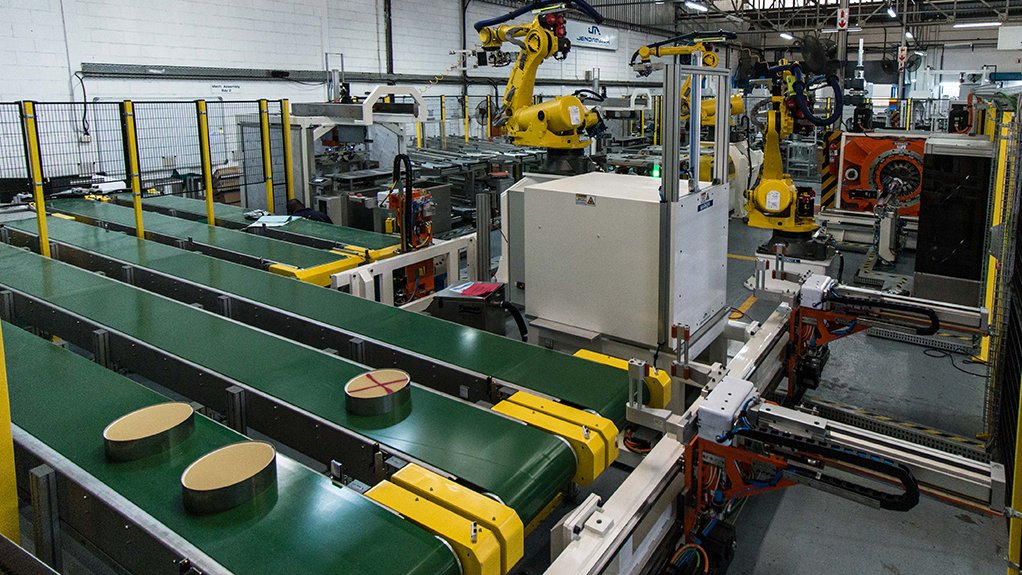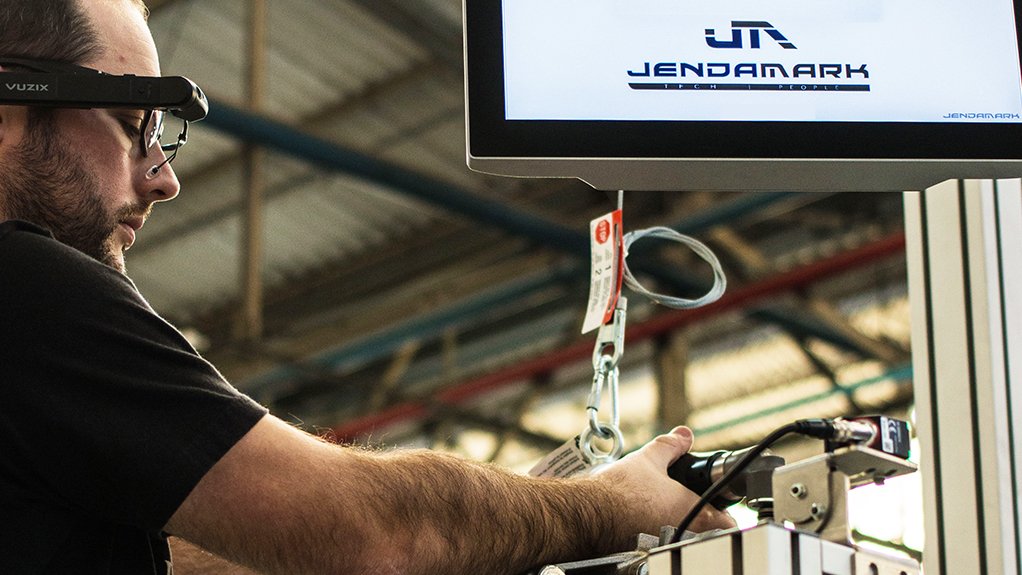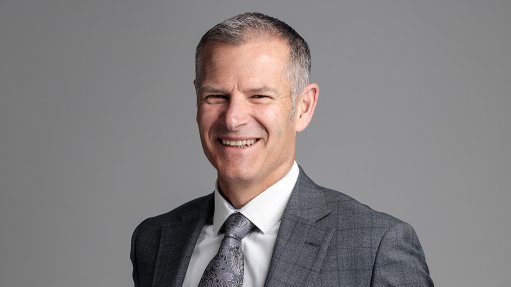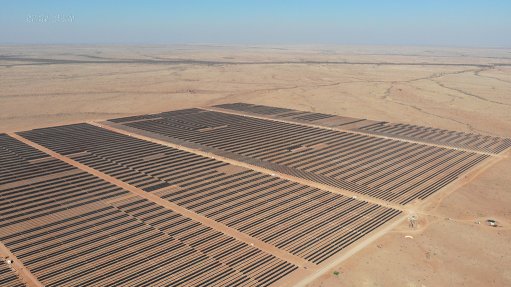Local company to build autonomous EV assembly line



LEARNING CURVE There is a focus on reintroducing manual processes on assembly lines where automated process are no longer sensible
GLOBAL REACH The international market presents a significant portion of the demand for Port Elizabeth, South Africa-based Jendamark’s services
Port Elizabeth-based global technology company Jendamark will build one of the first autonomous electric vehicle (EV) assembly lines for a Silicon Valley startup, in California, in the US.
The company is developing a mobile application to rival ride-hailing service Uber, but will offer a driverless experience. Consequently, it has developed autonomous vehicle technology and intends to manufacture these vehicles for its autonomous ride-hailing service in San Francisco.
Jendamark won the contract in partnership with one of its clients, which had been approached by the Californian company, says Jendamark sales and design director Yanesh Naidoo.
The assembly line should be delivered in mid-2020.
The international market presents a significant portion of the demand for Jendamark’s services, with 95% of its Industry 4.0-driven production equipment being exported globally.
For example, Jendamark India (JMK India), part of the Jendamark group, this year, delivered India’s first automated assembly line for the power electronics that drive Bangalore EV manufacturer Mahindra Electric’s EVs.
This was the first EV assembly line developed by the company, says Naidoo.
JMK India CEO Himanshu Jadhav said in a June press release that this was also the first time a company had developed an automated assembly line in India for an Indian client and required that the company “invested a lot of man hours in the beginning of the project to develop the right solutions”.
Naidoo explains that when Jendamark develops an assembly line for an engine, for example, the company tries to understand all the processes involved in assembly. “With the years of experience in the assembly of internal combustion engines, we have a very good idea of the processes involved.”
However, with this being the first EV assembly line Jendamark had undertaken, its lack of previous knowledge posed a challenge, but the project was used as a positive learning experience, he says.
“We believe that change is constant. Although the EV infrastructure in India is still developing, most companies have strategies in place and are investing in the EV market,” said Jadhav.
He mentioned that Jendamark continuously looks for challenges. “In fact, normal is boring at our company. We constantly strive for innovation.”
Jendamark secured two orders from Mahindra – one for the power electronics line and another for the power pack line.
“Power electronics consists of a charger, variable-frequency drive and all electrical signal processors which power the vehicle, while the power pack is a cluster of batteries put together as a pack that powers the vehicle,” said Jadhav.
Mahindra’s electric mobility group inaugurated its first electric technology manufacturing hub in Karnataka, India, late last year.
“Mahindra already have proven products and also the infrastructure. They have a strong strategy in place to further strengthen the portfolio by launching new EVs,” Jadhav explained.
Brands produced by Mahindra include the e-KUV compact SUV, e-Supro van and e-Verito sedan, as well as the Treo – India’s first locally built electric three-wheeler.
JMK India is already at an advanced stage of discussions with several original-equipment manufacturers in the country with regard to developing further automated assembly lines for power pack electronics. “Having delivered India’s first [such assembly line], we now fully understand the nuances of this business,” said Jadhav.
Trends Noted
While there is definitely still a trend towards automation of assembly lines, it is difficult to automate every process, says Naidoo.
Subsequently, there is a focus on reintroducing manual processes where automated process are no longer sensible, owing to the experience that has been gained over the past five or six years on the advantages and disadvantages of automating certain processes.
He emphasises that processes that are difficult for operators to perform remain automated.
“The obvious advantage of automating processes is that there is no continuous labour cost to produce components, but automation is initially really expensive,” says Naidoo.
However, when an automated line breaks, the time required to repair it and bring it back on line has a significant impact on production, compared with a manual process, where production never completely stops and standby duty also comes into effect.
Naidoo adds that the cost of labour plays a significant role in the extent to which automation is adopted by a vehicle manufacturer, noting that an Indian solution, designed for a cheaper labour environment, would not make sense in Germany, where the cost of labour is high, and vice versa.
Skills
Compared with Europe, the South African automotive industry is far behind in terms of skills, but is competitive when compared with the skills of India and China, says Naidoo.
“We do have pockets of excellence, but the biggest problem we have is a lack of on-the-job training.”
He says a newly qualified artisan or mechanical engineer trained in South Africa is very similar to one trained in Germany. “However, in South Africa, there is an expectation that an artisan who has just qualified should be the complete article.”
Although Naidoo acknowledges the need to improve the country’s training programmes, he emphasises the importance of local companies investing in skills development to ensure that staff are equipped to meet their standards and not simply to gain credits from government for doing so.
Comments
Announcements
What's On
Subscribe to improve your user experience...
Option 1 (equivalent of R125 a month):
Receive a weekly copy of Creamer Media's Engineering News & Mining Weekly magazine
(print copy for those in South Africa and e-magazine for those outside of South Africa)
Receive daily email newsletters
Access to full search results
Access archive of magazine back copies
Access to Projects in Progress
Access to ONE Research Report of your choice in PDF format
Option 2 (equivalent of R375 a month):
All benefits from Option 1
PLUS
Access to Creamer Media's Research Channel Africa for ALL Research Reports, in PDF format, on various industrial and mining sectors
including Electricity; Water; Energy Transition; Hydrogen; Roads, Rail and Ports; Coal; Gold; Platinum; Battery Metals; etc.
Already a subscriber?
Forgotten your password?
Receive weekly copy of Creamer Media's Engineering News & Mining Weekly magazine (print copy for those in South Africa and e-magazine for those outside of South Africa)
➕
Recieve daily email newsletters
➕
Access to full search results
➕
Access archive of magazine back copies
➕
Access to Projects in Progress
➕
Access to ONE Research Report of your choice in PDF format
RESEARCH CHANNEL AFRICA
R4500 (equivalent of R375 a month)
SUBSCRIBEAll benefits from Option 1
➕
Access to Creamer Media's Research Channel Africa for ALL Research Reports on various industrial and mining sectors, in PDF format, including on:
Electricity
➕
Water
➕
Energy Transition
➕
Hydrogen
➕
Roads, Rail and Ports
➕
Coal
➕
Gold
➕
Platinum
➕
Battery Metals
➕
etc.
Receive all benefits from Option 1 or Option 2 delivered to numerous people at your company
➕
Multiple User names and Passwords for simultaneous log-ins
➕
Intranet integration access to all in your organisation




















